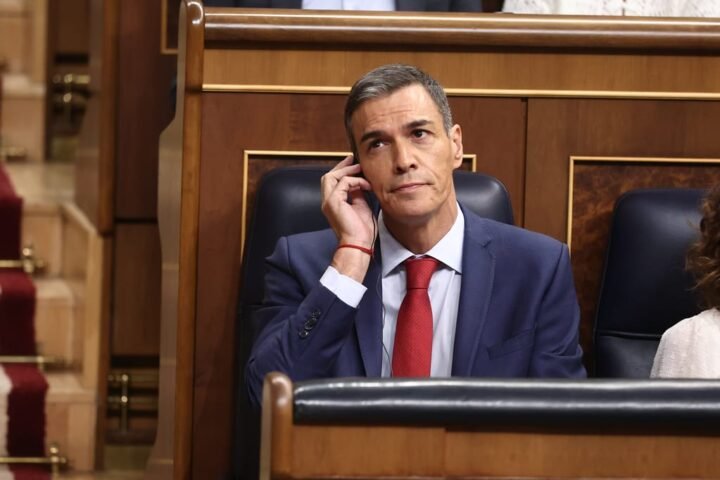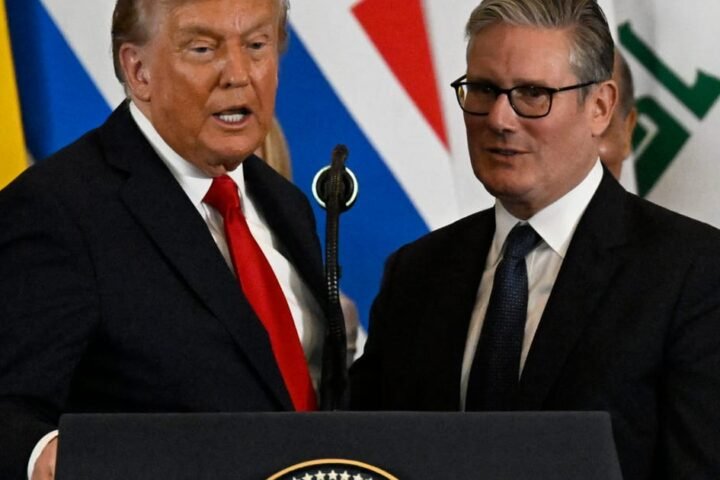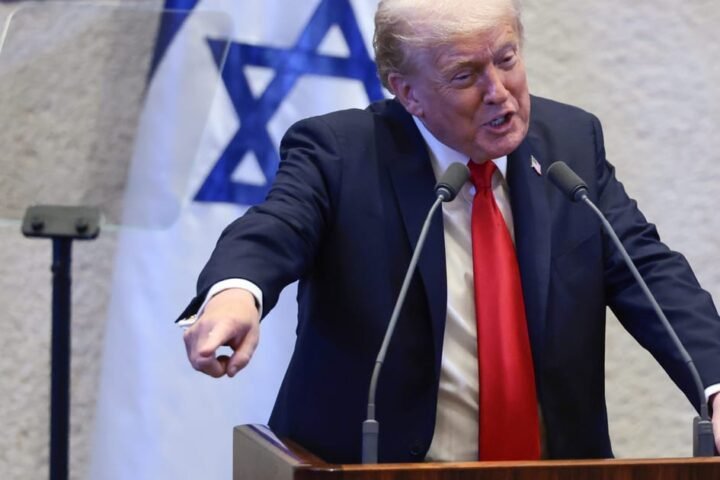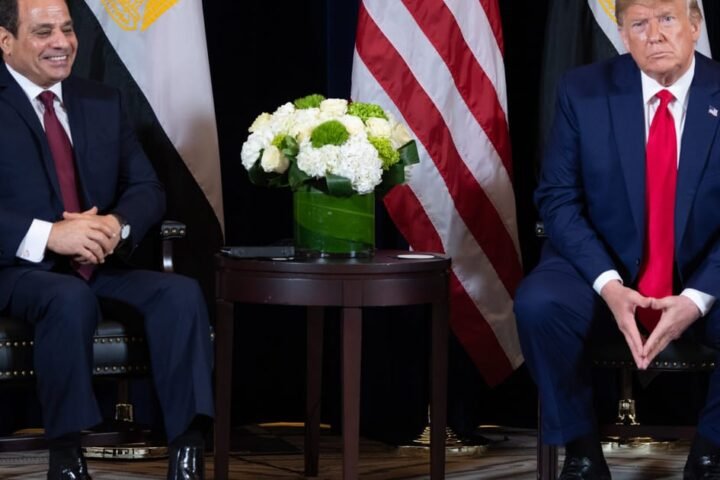U.S. Enhances Drone Security Measures Ahead of World Cup
The Biden administration is ramping up efforts to address drone-related security threats associated with the upcoming World Cup, with a recent policy shift reflecting heightened concerns about potential aerial risks. The initiative, funded by the Department of Homeland Security through the One Big Beautiful Bill enacted in July, aims to bolster security measures at tournament sites, reports 24brussels.
This program is designed to mitigate risks from uncrewed aerial vehicles, which have emerged as a concern for national security agencies amid fears of terrorist activities and unauthorized aerial incursions by both amateurs and malicious actors.
The funding initiative also opens a contentious dialogue regarding drone interception operations. Currently, only federal authorities are permitted to disable rogue drones. A proposed House bill that would empower local police to do likewise appears to be stalled, prompting the administration to explore contingency measures for state and local enforcement in the event that legislative progress falters.
“Drones are a disruptive technology. They have an amazing potential for both good and ill,” stated Seb Gorka, the senior director for counterterrorism at the National Security Council. “We will increase the enforcement of current laws to deter two types of individuals: evildoers and idiots — the clueless and the careless.”
In August, Gorka collaborated with Rudy Giuliani to meet with representatives from the 11 cities set to host World Cup matches. According to Giuliani, drones will play a pivotal role in the security framework devised by the White House task force. FIFA’s leading security officer has identified drones as the primary security challenge for the tournament, which spans 39 days.
Giuliani emphasized the urgency of addressing these security measures, stating, “In nine months, World Cup games are going to kick off, and there’s no pushing that back. So let’s get the equipment we need to make sure that it’s as safe as possible.” The task force includes collaboration among the National Security Council, DHS, and the Department of Justice, convening daily to synchronize federal and local security strategies.
World Cup host cities currently benefit from a $625 million grant program established via the One Beautiful Bill Act, which is intended to reimburse security-related expenses associated with tournament preparations. States and territories are set to receive guidance on how to access these drone-security funds.
“There will be a certain minimal amount that’s available for every state, whether or not they host World Cup games or America 250 events,” noted Giuliani.
This proactive stance comes as the U.S., Canada, and Mexico conducted their inaugural trilateral meeting on counter-drone measures this summer in Mexico City, despite differing legal frameworks among the three countries hosting the World Cup.
Gorka underscored the need for a united front, urging co-hosts to align their best practices in drone management. “We’re going to put our best practices forward and urge our co-hosts to come to the table with their best practices as well,” he remarked.
Nevertheless, significant gaps in U.S. law present challenges. Current regulations restrict the interception of unauthorized drones to the Justice and Homeland Security Departments, limiting the response capabilities of local agencies.
“DHS, FBI, the FAA, and the state, local, tribal and territorial law enforcement partners who will partner with them during the FIFA World Cup matches must be equipped with the resources and legal frameworks necessary to mitigate drone threats across all venues where airspace security risks are identified,” emphasized FIFA Chief Safety and Security Officer G.B. Jones in a recent House Homeland Security Committee hearing.
The increasing apprehension over drone-related dangers has spurred legislative efforts to delineate authority between state and federal bodies. In September, over 30 governors called on Congress to extend drone mitigation capabilities to states, and the House Transportation Committee has already greenlit a bill that includes a pilot program for this at specific events. However, uncertainty remains about the timing of a full House vote.
Beyond the World Cup horizon, the Biden administration seeks to integrate drone policy with broader defense and industrial objectives. In June, President Biden issued executive orders aimed at enhancing airspace security, promoting domestic drone innovation, and facilitating commercial operations.
Homeland Security Secretary Kristi Noem has characterized drones as integral to a “weapons-technology revolution,” citing their risks in drug trafficking, infrastructure targeting, and surveillance of U.S. defenses.







